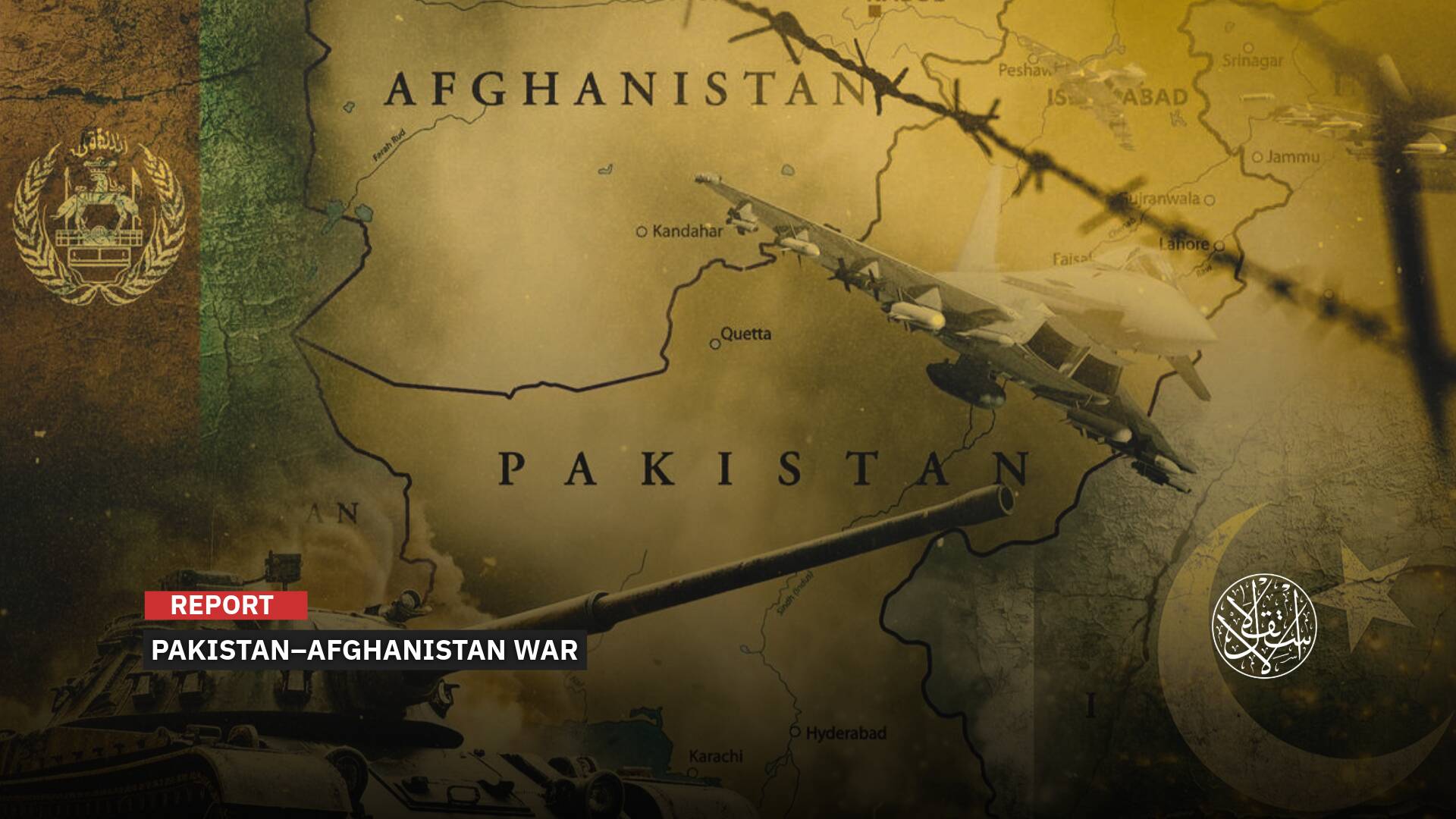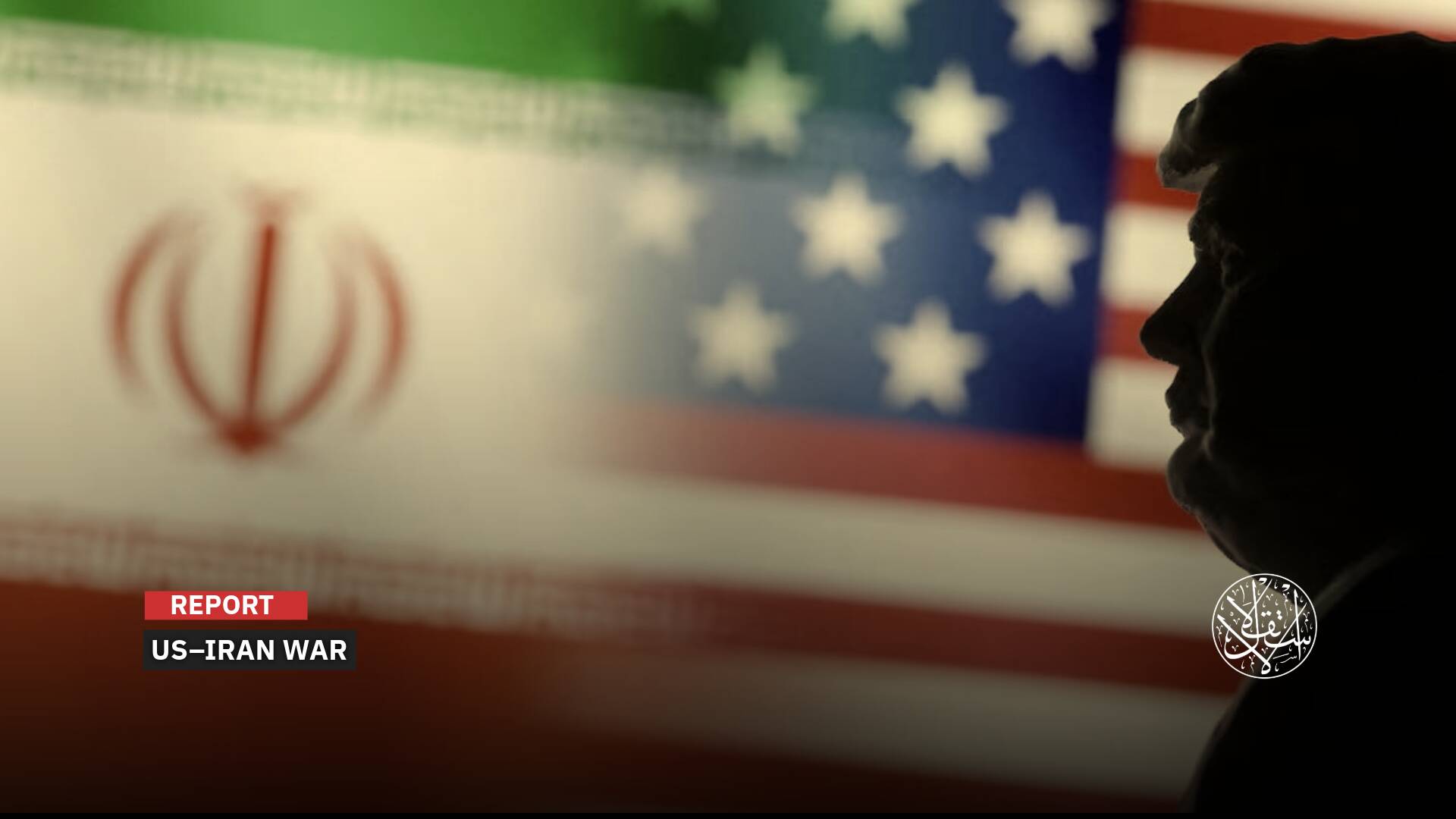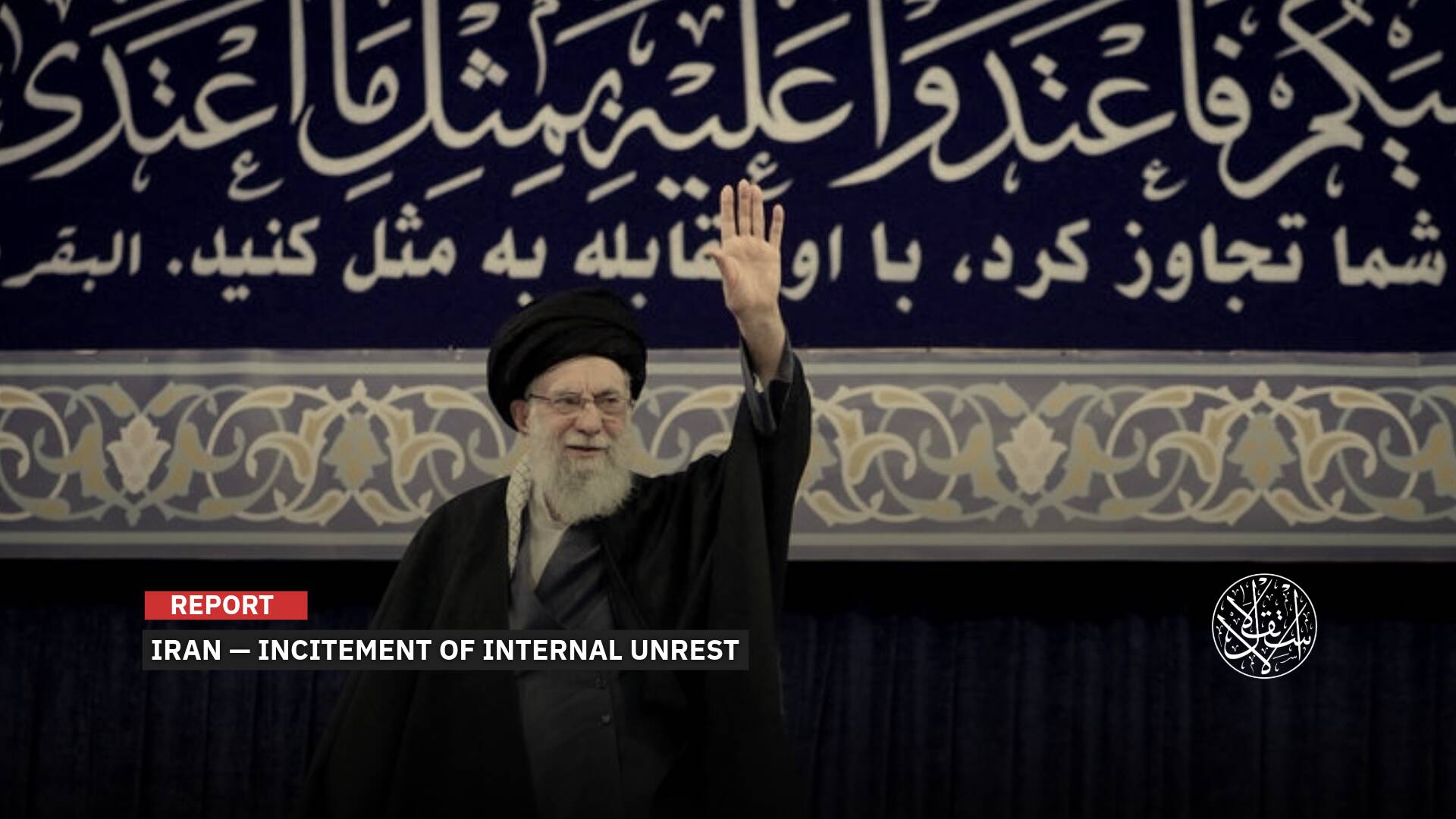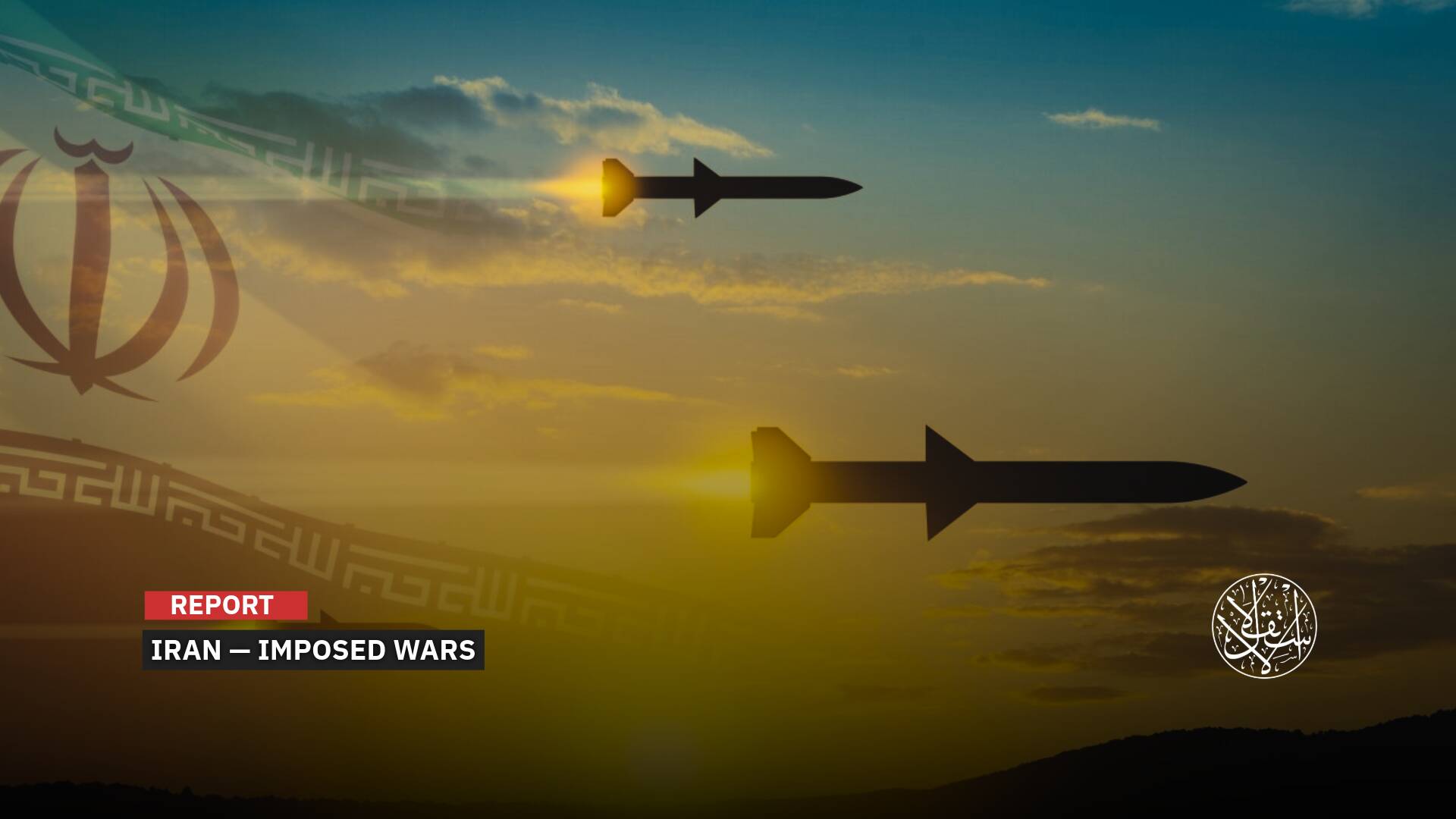Western Recognition of Palestine: How to Move Beyond Mere Words
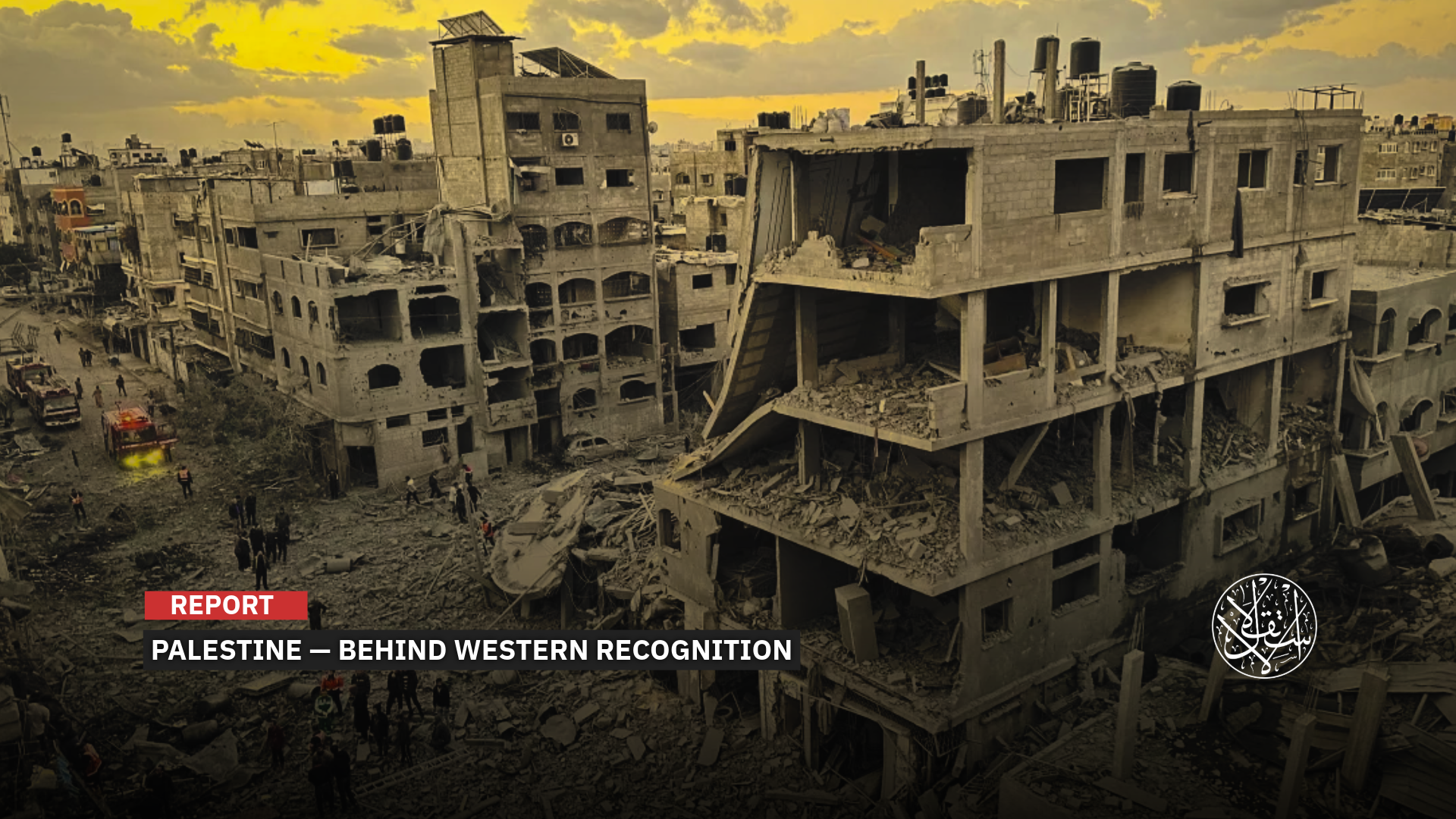
Those countries framed their recognition as part of an effort to revive momentum for a two-state solution.
“We will force the Israeli Occupation into conflict with international will, isolate it completely, and end its integration in the region.” These were the words of the late Yahya Sinwar, senior Hamas leader and commander of Operation al-Aqsa Flood—words that are now taking shape in reality.
Two years after the October 7, 2023, military attack on Israeli Occupation settlements, a political wave has surged, marked by a rare and rapid increase in international recognition of the State of Palestine, just as “Israel” moves to tighten its grip on Gaza and advance annexation in the West Bank.
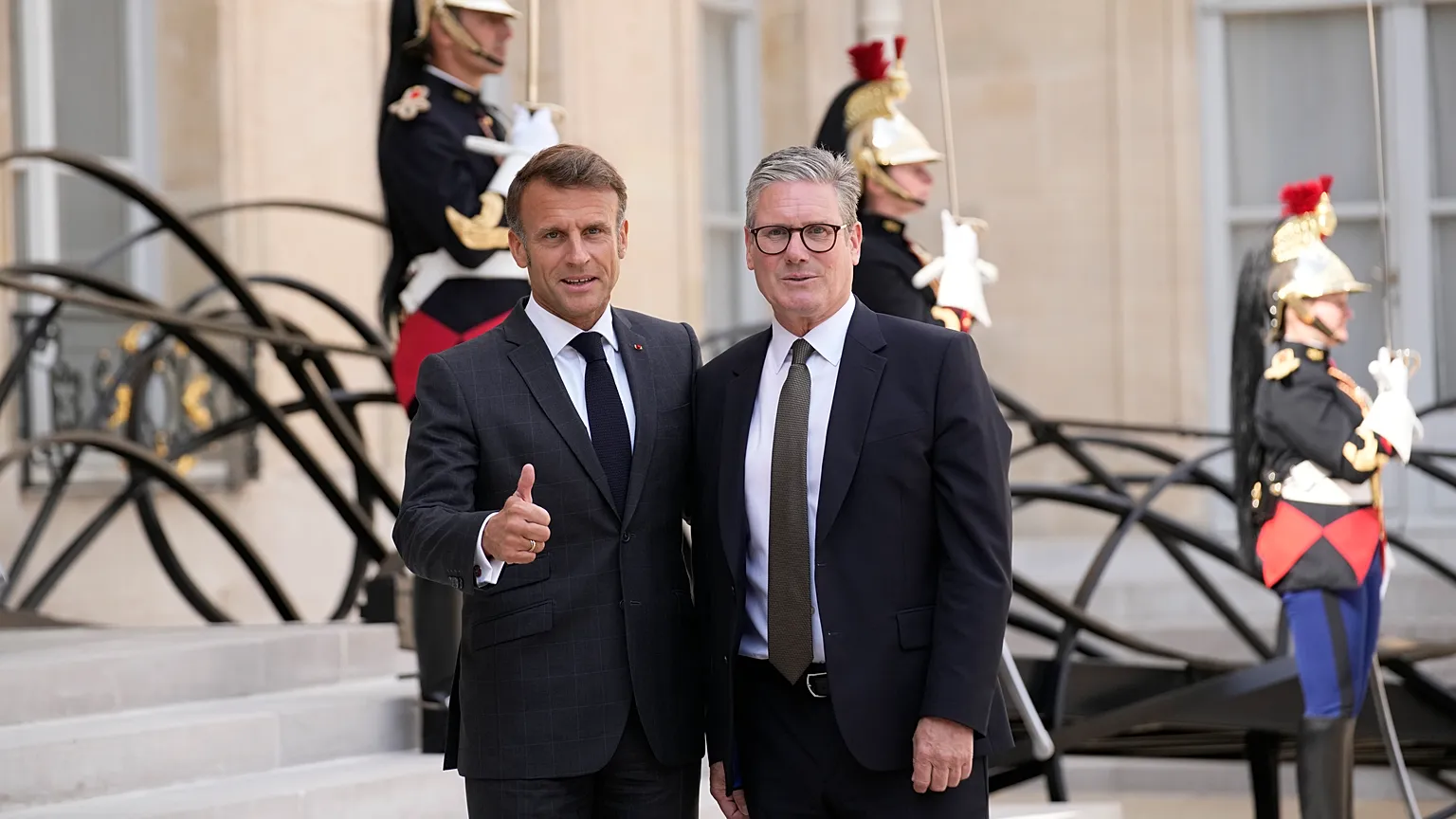
Recognitions and Reactions
On September 21, 2025, Britain, Canada, Australia, and Portugal officially recognized the State of Palestine, joining over 140 UN member countries that had previously taken the same step.
At least seven more countries, including Malta, Luxembourg, France, Australia, and Armenia, are expected to follow in the next few days. This comes after four European nations recognized Palestine in 2024: Norway, Spain, Ireland, and Slovenia.
These recognitions are framed as part of efforts to revive momentum for a two-state solution, starting with a ceasefire in Gaza and the release of Israeli captives held there.
The move marks a shift for countries historically aligned with the Israeli Occupation, signaling frustration with Israeli policies in Gaza and the West Bank. The wave of recognition coincides with the 80th session of the UN General Assembly, amid “Israel’s” ongoing aggression in Gaza and rapid moves toward annexing the West Bank.
Of the UN’s 193 member states, at least 149 now recognize Palestine, which was declared by the late President Yasser Arafat in Algeria in 1988.
Following the announcements, both the Palestinian Authority and Hamas welcomed the step. The Israeli Occupation, however, reacted angrily. Prime Minister Benjamin Netanyahu called it “a huge reward to terrorism” after the “October 7 massacre,” claiming there will be no Palestinian state and hinting at a coordinated response with U.S. President Donald Trump.
“I have a clear message to those leaders who recognize a Palestinian state after the horrific massacre of October 7: You are giving a huge reward to terrorism. And I have another message for you: It will not happen. A Palestinian state will not be established west of the Jordan River,” he said.
Israeli media reported that U.S. Secretary of State Marco Rubio gave “Israel” the green light to assert sovereignty over the West Bank. Israeli Occupation sources also said Netanyahu plans to discuss annexing the Jordan Valley during his UN meetings with Trump.
The Israeli army is reportedly preparing for potential escalation in the West Bank as more countries recognize Palestine, according to Haaretz. “Israel’s” Foreign Ministry described Britain’s recognition as a reward to Hamas, allegedly encouraged by the Muslim Brotherhood in the U.K., and claimed that Hamas leaders themselves framed the step as a consequence of the October 7 operation.
National Security Minister Itamar Ben-Gvir and Finance Minister Bezalel Smotrich called for a response involving annexation of the West Bank and the dismantling of the Palestinian Authority.
Tensions rose within Netanyahu’s coalition after he excluded several ministers, including Smotrich and Ben-Gvir, from urgent discussions on how to respond to Western recognition of Palestine. Reports from Israeli Channel 12 suggested Netanyahu—wanted by the International Criminal Court—is trying to balance positions to preserve coalition unity and avoid both domestic and international escalation, while his allies push for faster annexation.
Opposition leaders blamed Netanyahu for the situation. Yair Golan, head of the Israeli Democrats, called the recognition a political failure that endangers “Israel’s” security, while opposition leader Yair Lapid said the government that brought the deadliest security disaster to “Israel” on October 7 is now bringing the most severe political crisis.
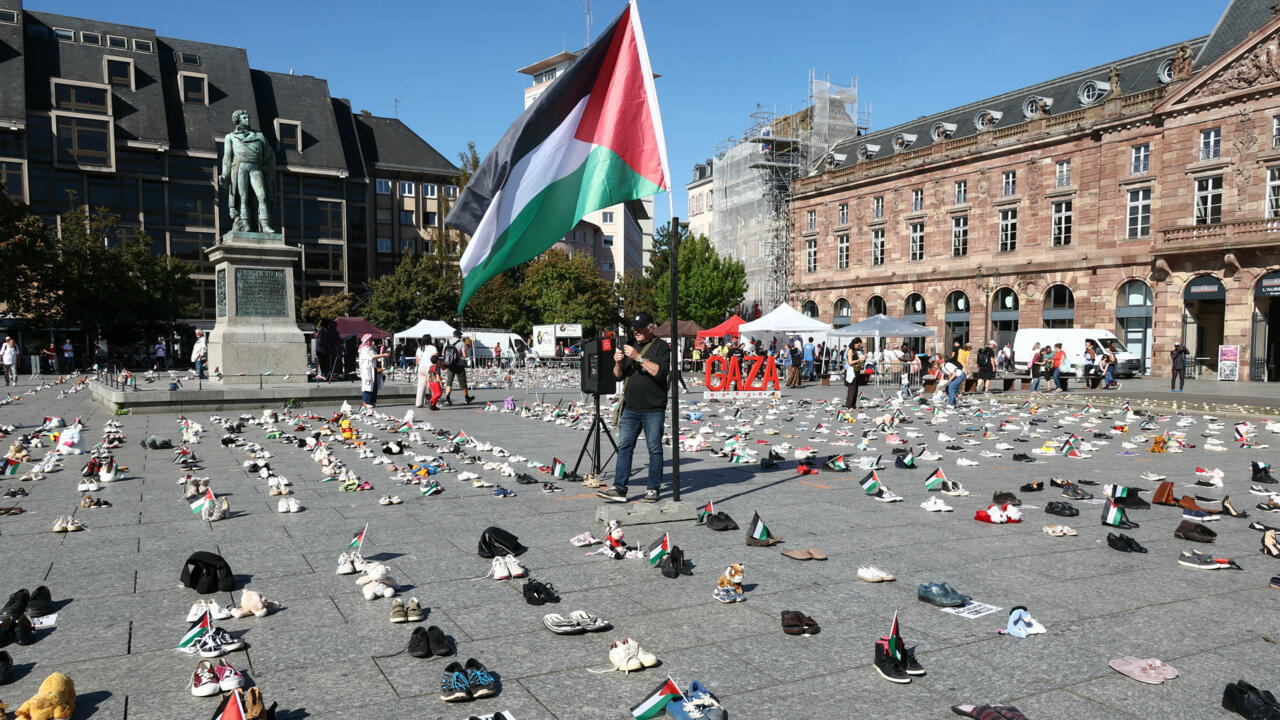
Why It Matters
Mohammed Emad, Director of Legal Affairs and Policy at Skyline International, told Al-Estiklal that the recent wave of Western recognition represents a major turning point in how the world approaches the Palestinian cause.
First, it grants Palestine advanced legal and diplomatic legitimacy by upgrading representative offices to embassies and enabling ambassadorial exchanges, reinforcing the presence of Palestine as an internationally recognized state.
Second, it strengthens Palestine’s position within international organizations, supporting its efforts for full UN membership and broader engagement in regional and global bodies.
Third, it affirms the right to self-determination and frames the issue as one of liberation and occupation rather than merely a dispute over autonomy.
Fourth, it reshapes the political discourse, bolsters Palestine’s negotiating position, and weakens the Israeli Occupation narrative that denies Palestinian statehood.
Emad also expects the recognition to expand to additional European, Latin American, and Asian countries, creating a large international bloc. He noted that the current European momentum, coupled with escalating humanitarian violations in Gaza, will apply growing political pressure on “Israel.”
The move also carries legal significance, strengthening potential cases at the International Criminal Court and the International Court of Justice by affirming Palestine’s statehood and mobilizing European support for legal accountability against the Israeli Occupation and its crimes.
Political analyst Mohammed Alakhras added that recognition by historically pro-”Israel” Western states represents a major political milestone, as it contributes to “Israel’s” increasing isolation.
“This step is vital because Israel has waged war to erase the Palestinian national identity. Any action that strengthens Palestine’s political standing and secures its presence on its land boosts its leverage,” he posted on X.
“Western recognition signals a rejection of Israel’s insistence that political solutions must pass solely through negotiations.”
Alakhras noted that Britain’s recognition, following Trump’s visit to the U.K. on September 16, proves that the U.S. is no longer able to fully protect Israeli diplomatic interests, highlighting growing isolation for Washington’s regional policies.
“The step exposes the inability of pro-Israel lobbying groups in Western countries to block this momentum, despite a rising alliance between European far-right factions and Israel’s extreme right,” according to the analyst.
“All of this sends a single message: the cost of the war on Gaza is rising, and the Israeli Occupation is steadily losing global support.”
Not Enough
Despite the significance of the recognition, many observers argue it falls short, given the European Union’s reluctance to impose meaningful sanctions or fully suspend its partnership agreement with the Israeli Occupation.
Critics question the value of symbolic recognition that neither ends the ongoing genocide and starvation in Gaza nor establishes a functioning Palestinian state on the ground.
“While recognition carries symbolic weight, it is insufficient if not followed by concrete political action and international pressure,” Mohammed Emad told Al-Estiklal.
“For recognition to go beyond words, the international community must take practical steps to halt the aggression and mass atrocities in Gaza through direct political and economic pressure on the Israeli government.”
“This includes mobilizing comprehensive sanctions, such as arms export bans, restrictions on military and technological cooperation, and suspending economic partnership agreements with Israel until it complies with international law,” he added.
Emad also stressed the need to “protect Palestinian territories, especially the West Bank and Occupied Jerusalem, from forced displacement and settlement expansion through binding UN Security Council resolutions supported by broad European and international backing.”
“Mechanisms for international oversight, including monitoring committees and investigative teams, are essential to ensure that recognition does not remain mere ink on paper.”
Political analyst Ahmad Alhila posted on X, saying, “Recognition of the State of Palestine is an important step, albeit delayed, but it is not enough.”
“What is now required are immediate, harsh punitive measures against Israel and its leadership, legally and politically isolating them, because mere statements and positions without impactful action are meaningless.”
Journalist Mohammed Hamdan, addressing Western nations, said, “Stop supporting the genocide first, hypocrites, if your recognition is to have any meaning, and if the land and its people are to endure.”
Political analyst Yasser Zaatreh dismissed claims by Palestinian Authority President Mahmoud Abbas that the recognitions pave the way for a two-state solution, as well as French President Emmanuel Macron’s statement that they represent “the beginning of the path to peace.”
“This is not true, not only because international resolutions on this issue have been clear since 1967 and have achieved nothing, but also because a state within the 1967 borders would mean the end of the entire Zionist project,” he posted on X.
“There is no doubt that the beginning of the end has been written strongly by the momentum of Operation al-Aqsa Flood, but the end is something else, meaning what the Western mindset expects is simply a new, years-long political negotiation process.”
“This process will involve broad normalization while the occupiers complete their annexation and displacement, accompanied by the same decades-old condemnations we have heard without effect,” according to Zaatreh.



